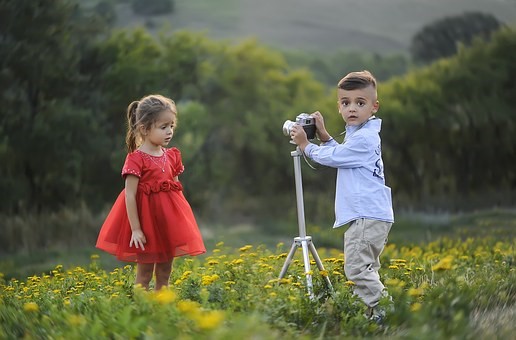How do Educators plan learning opportunities for the children?
Observations are the key to good program planning. Observations help adults understand the strengths and needs of each child. Early Childhood Educators observe children to get to know them better and get a sense of their knowledge, needs, interests, skills and how they learn best. This information helps us know how to approach learning opportunities and what we as Educators need to do to shift or add to our planning to further support each child’s learning and development.
Why Observation is Important?
As Educators, we discover how child observations will impact our own teaching, curriculum and class routine.
Observations allow Educators to understand what a child is interested in and how they are currently learning. We ask questions like:
- What are they showing interest in learning about?
- How do they respond to transitions and the room routine?
- How do they respond to certain activities and/or environments?
- What is their disposition (style of learning)?
Then we use this understanding to see where we can create deeper engagement and learning in the classroom. It helps us understand how to structure the day, set up activities, what materials to provide, and how to approach the child about the learning opportunity.
Educators start in child care with a base knowledge of child development and an understanding of what milestones children typically reach at certain ages. As we weave in the new information from the Curriculum Framework, and Early Childhood Educators skills mature, we become more proficient at observing children and creating individualized support.


